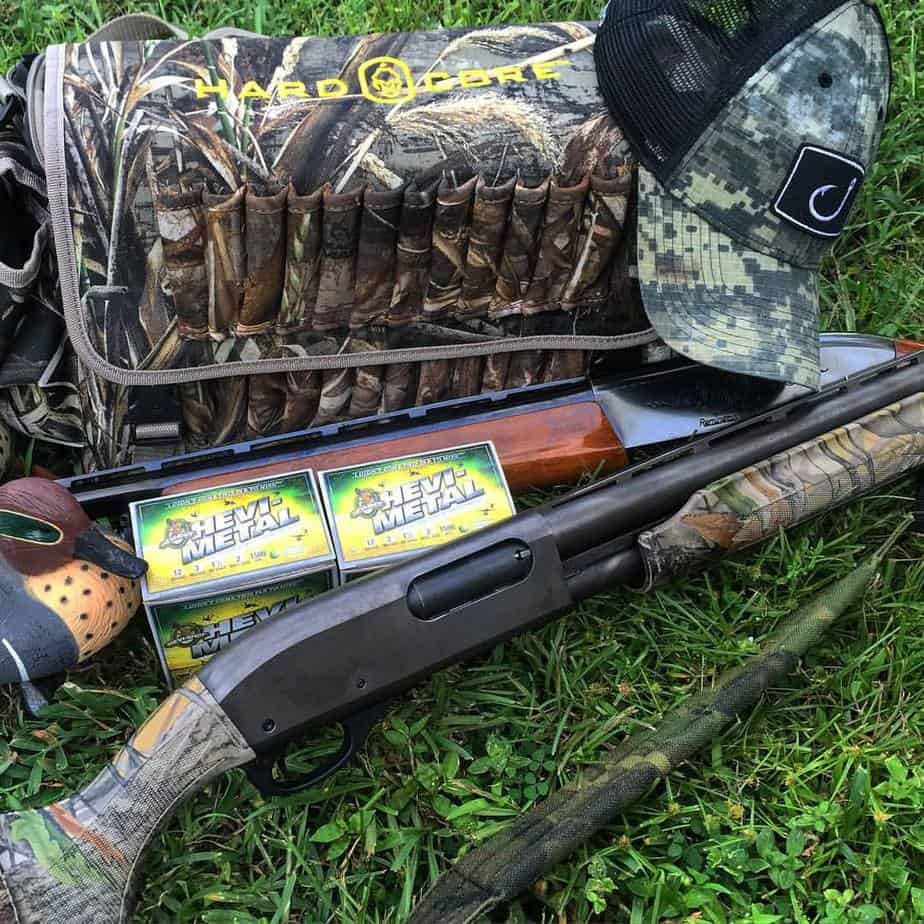
In magazines filled with page after page of successful trips, it’s sometimes easy to get caught up in the trophies and pictures of successful duck hunts. The magnificent elk, the hunter kneeling behind with his rifle prominently displayed; the trophy shot of the bonefish, fly rod cradled behind the catch; straps full of drakes and stringers of bass. It’s easy to get so binary in what’s important to the hunt, in what defines a success, and we oftentimes forget that what they say about the best laid plans is frequently true.
I was a “victim” to these circumstances this past duck season. After copious amounts of research, speaking with multiple outfitters and multiple references, I landed on a very reputable Midwestern duck hunting lodge. I booked the hunt the last weekend in July, for the last week of December. My buddy and I sent along deposits roughly equivalent to the cost of a Kia for 3 days of hunting that our families would never forget. These are the lessons I learned along the way:
The Lessons I Learned:
Ask more questions. My buddy had 2 kids, I had my wife and 2 kids, plus my dad. That means we wanted to hunt at least 5 in a blind, and we were told we would need to recruit one more hunter, as the other blind couldn’t contain only 3 hunters. We did, only, we all ended up in the same blind. While you could blame the outfitter, these are the types of questions that avoid bad “breakups” at the end of the hunt. What’s the minimum number of hunters in a blind? The maximum? How many guides will we have? Where are the guides from?
Establish up front what the expectations for the trip are. In July, we were expecting limits of ducks, or upper halves of limits. In August this was the same. In October, there were “more ducks than I’ve ever seen in October” . . . In November, El Niño began to mess us up . . . The Friday before our trip came with “I wouldn’t expect to kill too many ducks at all . . . It’s been bad . . . ” Initially, my gut said to blame this on the guide as well, but looking back, this was my fault for not understanding or setting my expectation for the trip. You see, I should’ve done a better job of entering into an agreement with the outfitter prior to the deposit being sent. At the Friday before, he has already spent money on staffing and preparation; I had non-refundable hotel rooms and cases of HeviShot. This could’ve been avoided with some frank, up front conversations: “I expect to have the opportunity to shoot a limit of ducks, whether that’s on me for missing them or not.” You’re paying a ton of money for this trip; make sure you are getting what you think you’re paying for. This will also allow the guide or outfitter to make concessions in your direction, be it a discount, or a deferment. Either way, have this conversation early, preferably before the check is sent.
Setting and having Proper Expectations is key:
Prepare your crew for the worst. Okay. Maybe that’s too dire. But make sure your kids understand that there are no guarantees in hunting. Rice fields flood. Ponds freeze over. Dogs flinch. Calls stick. Birds flare.
Remember why you’re doing it. To put it mildly, spending my daughter’s tuition on a duck hunt went about as poorly as you could imagine. We shot at and killed one duck, a shoveler, in 3 days. We did kill 3 geese among 8 hunters. My youngest never fired his gun. To say it was a disaster would be putting it mildly. But. Then I remembered why we do it. My daughter killed her first goose, a Specklebelly. 3 generations of Thompson shared a blind and an excitement every morning, sharing shivers between anticipation and cold . . . Hearing the whirr of just out of range pintails and the quacks of uncooperative mallards, watching in awe at the waves of Snows passed just out of range . . . To them, it wasn’t about the limits or the feathers, but about the fires and the dinners and the bunk beds and the time spent together . . .
Ask questions. Set expectations, both with the guide and your crew. And make memories, whether the feathers fly or not. Follow these simple steps and you’ll never go on a bad hunt! I also highly suggest you use sites like Yentna.com to help you research and see past client reviews, and book all in one easy to use location.







